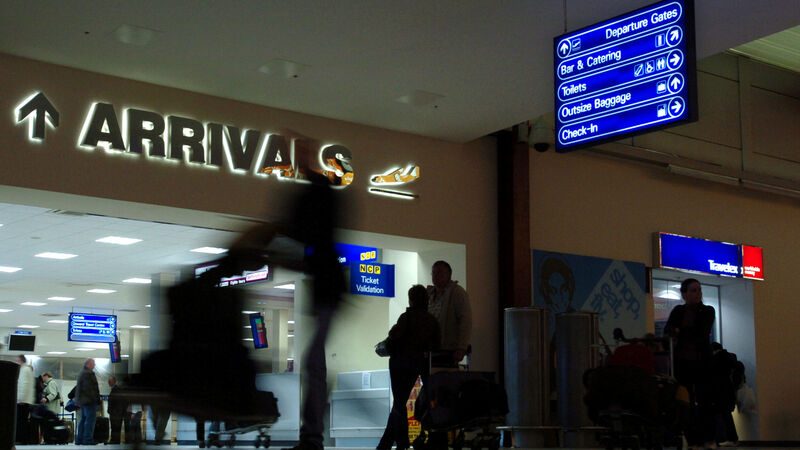EasyJet CEO: We've stabilised operations but melting summer runways do not help

EasyJet operate flights in and out of London Luton Airport in Bedfordshire.
The boss of EasyJet said the airline had stabilised its flight operations after cutting its summer schedule last month, but melting runways and air traffic control restrictions were not helping during a "challenging summer".
CEO Johan Lundgren said the daily operations of Ryanair's rival were back to pre-pandemic levels after the cuts, which followed caps on capacity at London Gatwick and Amsterdam's Schiphol Airport.














